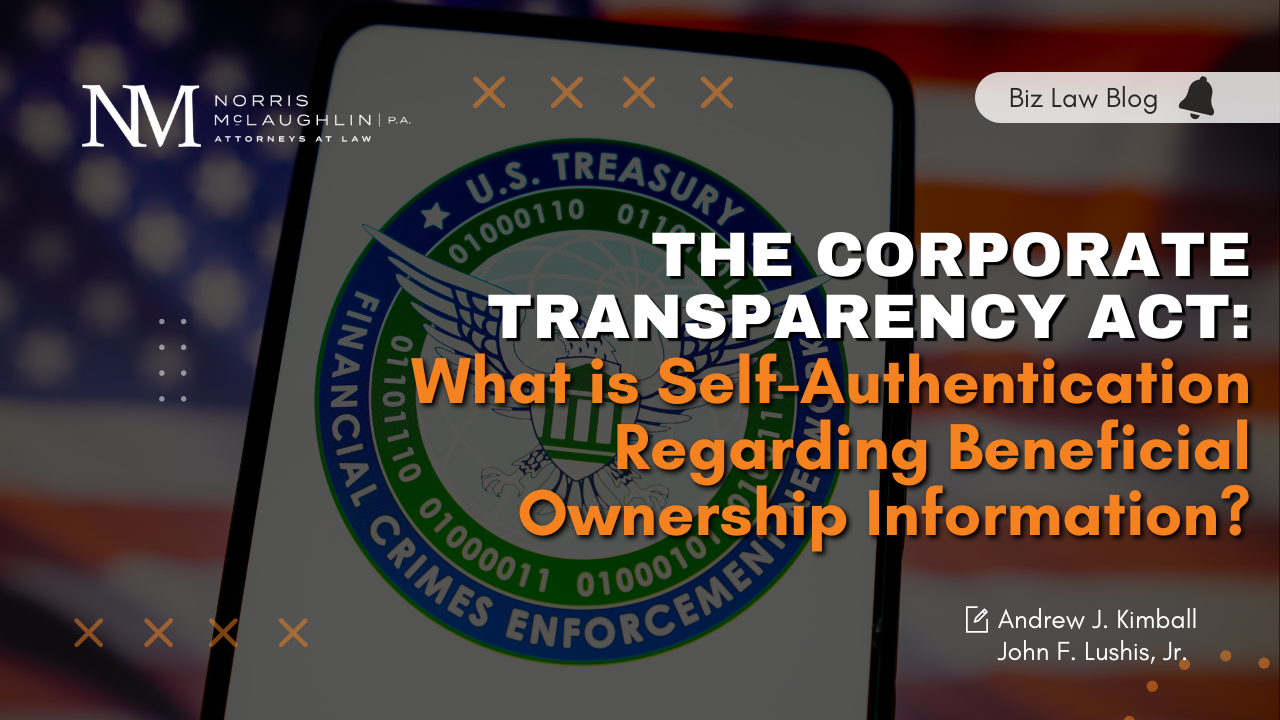When the “Back Door” is Closed: Muni Bond Underwriter Sanctioned

I have previously written about the peculiar structure of disclosure obligations with respect to municipal securities in my Sept. 22, 2020 Blog “SEC Focus on Municipal Securities Disclosure and Enforcement.” As I detailed there:
When the two key Federal Securities Laws (the Securities Act of 1933 [the “33 Act”] and the Securities Exchange Act of 1934 [the “34 Act”]) were enacted, municipal securities (the bonds, notes, etc., issued by states, counties, municipalities, and municipal authorities) were exempt, both from the registration requirement of the 33 Act and from the oversight under the 34 Act of the professionals who underwrote and dealt in the purchase and sale of these securities. These exemptions resulted from policy (municipal securities were generally seen as more secure than those issued by corporations and other private sector entities) and political considerations. More individual investors sought to buy municipals by the early 1970s, to reduce federal and state tax liabilities at a time of ever-increasing inflation. This in turn led to an extraordinary proliferation of municipal security products. Then Congress passed the Securities Act Amendments of 1975, creating the Municipal Securities Rule Making Board (“MSRB”) as a self-regulatory body subject to the oversight of the U.S. Securities and Exchange Commission (“SEC”).
In 1989, the SEC adopted Rule 15c2-12 under the 34 Act, which requires an underwriter of municipal securities to obtain a written agreement from the issuer requiring the issuer (and any related obligor, as in the case of conduit issuers), to deliver an OS within seven days of issuance. Under the Rule, underwriters are also required to review the POS and the OS for the adequacy and completeness of the disclosures. In 1994 the SEC amended Rule 15c2-12 to also require the underwriter to obtain a written agreement (a Continuing Disclosure Agreement [“CDA”]) from an issuer of a municipal security, under which the issuer (and any related obligor) commits to provide annual updates on the issuer’s financial condition. In addition, both the Rule and the CDA require the issuer to file “timely reporting of material events” affecting the issuer (or any related obligor). Originally both the OS and disclosures under the CDA were filed with designated depositories. In 2002 the MSRB required that these filings be done electronically. In 2008, the MSRB launched the Electronic Municipal Market Access (“EMMA”) website. All OS’s and CDA disclosures are now filed on EMMA. Any market professional dealing in municipal securities is required to review those filings prior to effecting transactions.
This is the so-called “back door” to securities registration for municipal securities, and the CDA system does work, although it is a tad cumbersome. However, there is an exemption from the CDA requirement in Rule 15c2-12 for limited offerings of municipal securities placed with a small number of sophisticated investors who intend to hold the purchased securities for their own accounts. The exemption is rather similar to the exemptions from registration for private placements by non-governmental issuers before the adoption of Regulation D. The private placement of municipal securities does not require a CDA IF:
- the securities are sold in denominations of $1 million or more;
- there are no more than 35 purchasers; and
- the underwriter has a reasonable belief that each purchaser…
- has the knowledge and experience in financial and business matters to be able to evaluate the risks and merits of the investment, and
- is buying the securities for its own account and not for anyone else or to distribute the securities to others. BUT the exemption does REQUIRE diligence by the underwriter.
On Tuesday, March 7, 2023, the U.S. Securities Exchange Commission (“SEC”) issued an Order Instituting Administrative and Cease-And-Desist Proceedings (the “Order”) against Keybanc Capital Markets Inc., an Ohio corporation (“KBCM”). KBCM, headquartered in Cleveland, Ohio, and a wholly owned subsidiary of KeyCorp, is the 20th largest U.S. banking institution based on assets. KBCM provides a wide range of capital market functions and is registered with the SEC as both a broker-dealer and a municipal advisor. According to the Order, from September 2017 to December 2021, KBCM served as the sole underwriter in at least 47 limited offerings. The exemption requirements are hardly complex, but they do require attention. First, an underwriter of a limited offering of municipal securities must have “policies and procedures reasonably designed to determine if purchasers” of the underwritten securities meet the exemption requirements. Second, the underwriter must follow those policies and procedures in the course of conducting a limited offering. That typically means obtaining written representations from a purchaser covering the following:
- the purchaser’s experience in financial and business matters, especially any relevant to the particular municipal security involved;
- confirmation that the purchaser is buying the security for their own account and not on behalf of others; and
- an undertaking that the purchaser will not resell the security to third parties, unless a substantial period of time has elapsed. Third, the underwriter must have written supervisory procedures in place to ensure compliance with these requirements.
As the Order reports, KBCM simply sold the municipal securities in the 47 limited offerings “to broker-dealers and/or investment advisers with separately managed accounts.” The Order asserts that “KBCM did not have a reasonable belief that the broker-dealers and investment advisers were purchasing the securities for investment.” Moreover, KBCM “did not inquire, or otherwise determine, if the broker-dealers and investment advisers were purchasing the securities for more than one account or for distribution.” Indeed, it does not appear that KBCM made any analysis of whether the purchasers or any ultimate purchaser had the knowledge and experience “to evaluate the merits and risks of the investment[s].” Accordingly, the exemption was not available for any of these 47 offerings. Furthermore, KBCM had no adequate supervisory procedures to ensure compliance.
The SEC concluded that “[a]s a result of the conduct…” KCBM “willfully violated Exchange Act Rule 15c2-12 and MSRB Rule G-27,” namely G-27, of the Municipal Securities Rule Making Board. As a result of violating Rule G-27, KBCM also violated Section 15B(c)(1) of the Securities Exchange Act of 1934, as amended. Pursuant to the Order to which KBCM agreed, KBCM must pay disgorgement of the $267,607.66 it earned as fees for underwriting the securities in the 47 offerings and prejudgment interest of $33,528.55. KBCM was also censured and ordered to pay a civil penalty of $100,000 and to cease-and-desist from further violations of the cited rules and statutes.
How does a large, sophisticated institution like KeyCorp and its capital market subsidiary give so little attention to a rather simple and obvious rule requirement? And what other shortcomings in compliance might it portend on the shores of Lake Erie, a divisional branch far away from the chaotic events in Silicon Valley?
If you have any questions concerning this post or any related matter, please feel free to contact me at pdhutcheon@norris-law.com.




